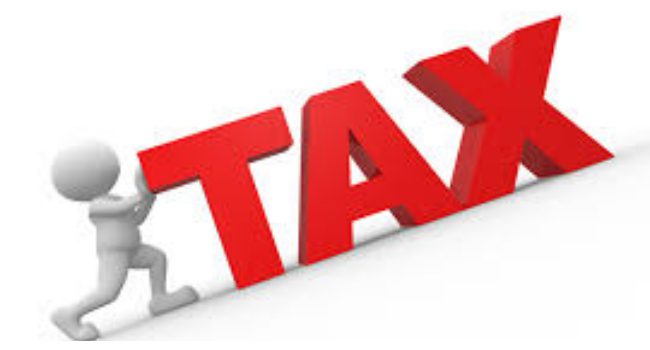Nigeria’s Tax Reform: A Shift Towards Fairness?
Nigeria, Africa’s most populous country, is set to introduce a new tax regime that could significantly impact the lives of its wealthy citizens. The proposed reforms aim to balance the country’s tax ledger, ensuring that those who can afford to pay more contribute their fair share to the government’s revenue. But how will this affect the country’s economy and its citizens?
According to Taiwo Oyedele, Chairman of the Presidential Fiscal Policy and Tax Reforms Committee, 90% of current taxpayers are not supposed to be taxed. He believes that the current system is flawed, with the wealthy contributing too little to the government’s coffers. "If you earn N100m a month, we are taking up to 25 per cent from the rich people. That’s because we need to balance the books," Oyedele stated.
Under the new system, wealthy individuals earning N100m or more per month will face a 25% personal income tax rate. Middle-income earners making N1.5m or less per month, on the other hand, will see a decrease in their personal income tax obligations. Those earning higher amounts will experience incremental increases in their tax rates, eventually reaching 25%.
The reforms also aim to ease the tax burden on businesses. Oyedele highlighted that, currently, businesses bear the full cost of Value-Added Tax (VAT) on assets such as buildings, vehicles, and equipment. "Today, whatever VAT you (businesses) pay on assets—whether you’re building a factory, buying a laptop, or vehicles—you bear it. This increases your cost, and therefore, your pricing will go up. Once our reforms are implemented, you get the credit back 100 per cent on services and assets," he said.
The proposed corporate income tax rate is set to drop from 30% to 25%, which Oyedele describes as "huge" for businesses. The government is also considering reducing or eliminating VAT on essential services such as food, health, education, accommodation, and transportation, which make up a significant portion of household expenditure for lower-income earners.
However, Oyedele acknowledged that not all sectors would benefit from reduced tax rates. For other goods and services, the VAT rate would increase to ensure the government’s revenue book balance. To ensure the right individuals pay taxes, the committee is working to identify primary data channels that can accurately bring the appropriate group of taxpayers into the tax bracket.
While the proposed reforms aim to create a more equitable system, only time will tell if they will be effective in achieving this goal. One thing is certain, however: the introduction of a new tax regime is a significant step towards creating a more balanced and sustainable economy in Nigeria.
